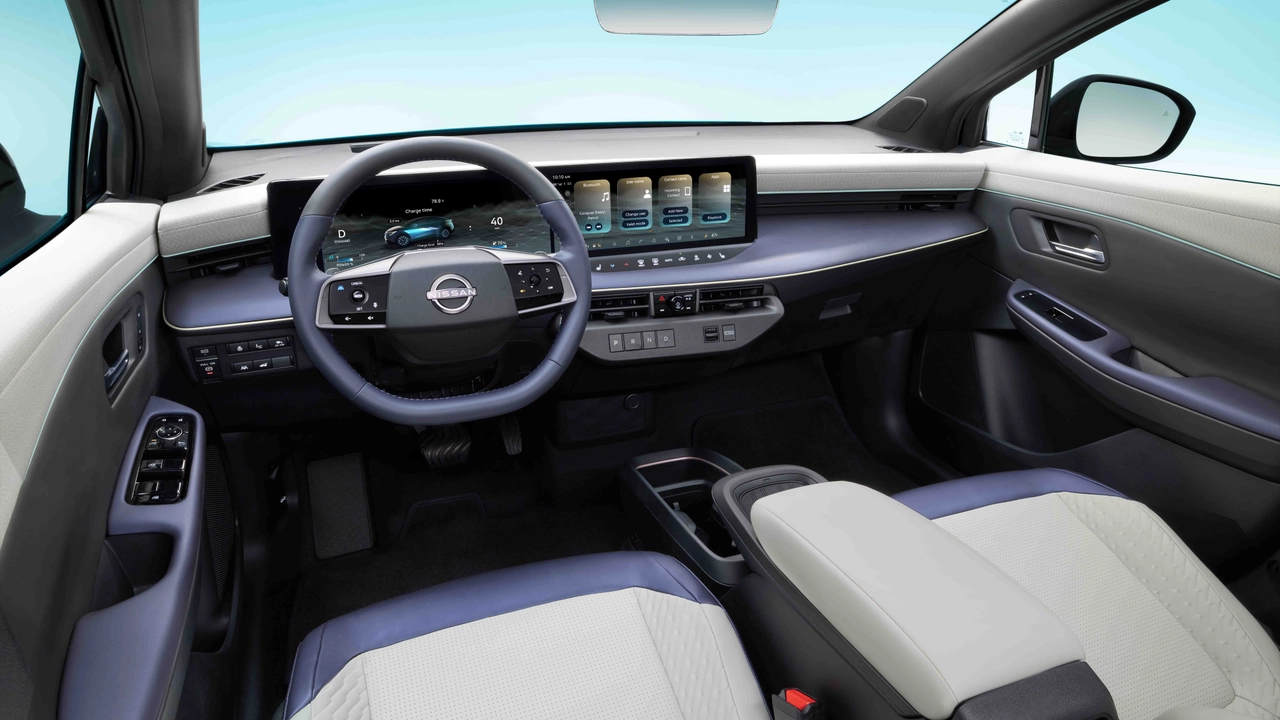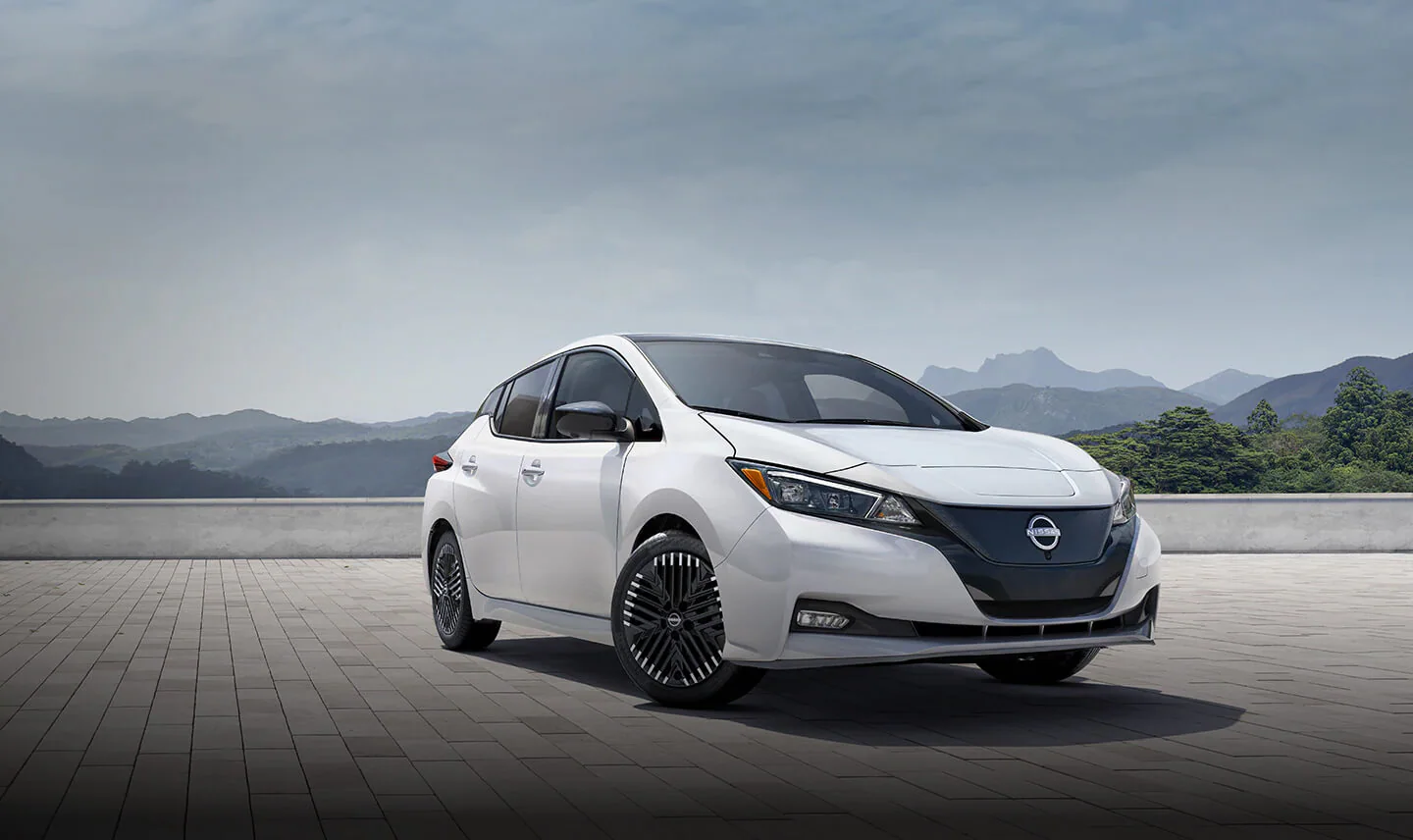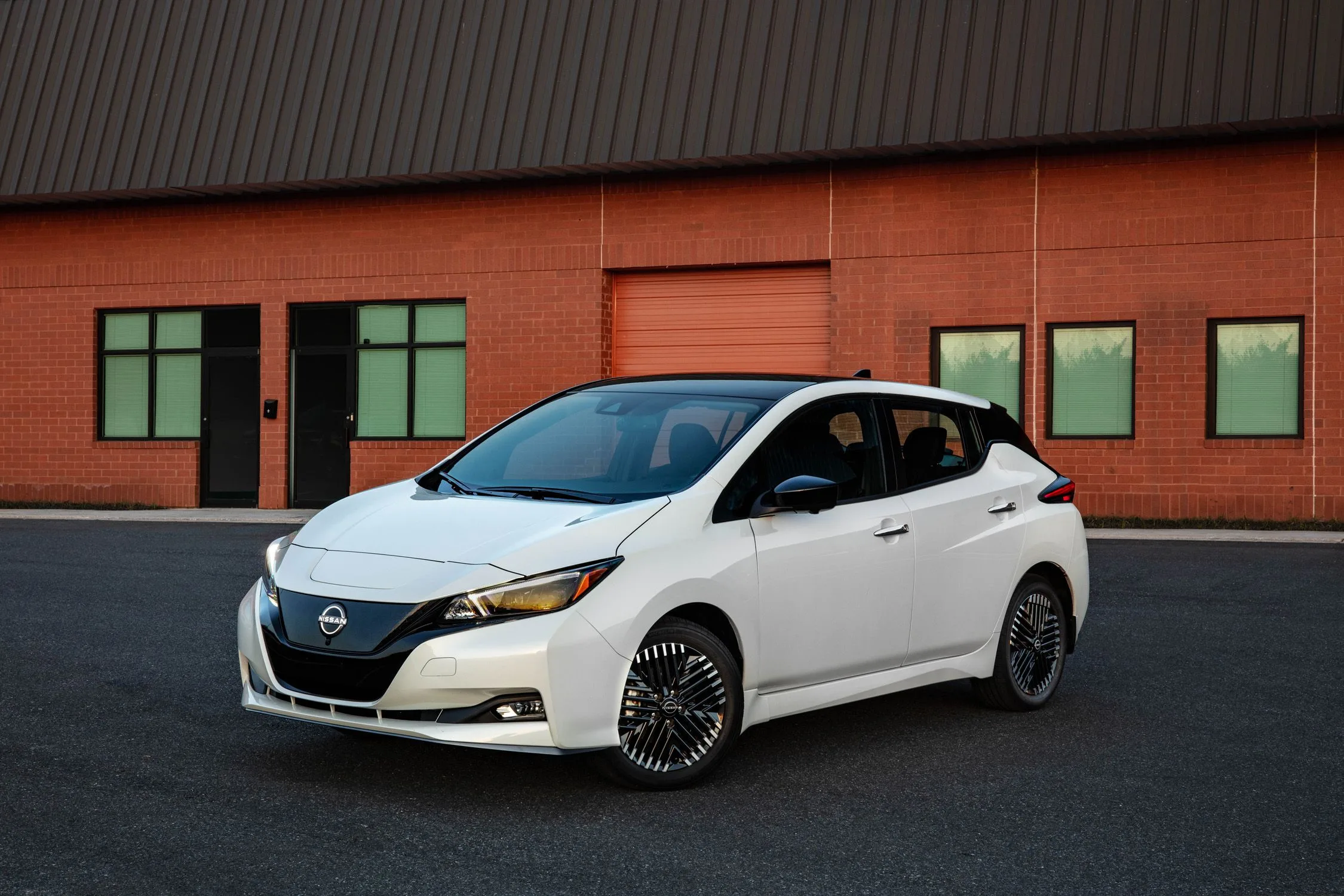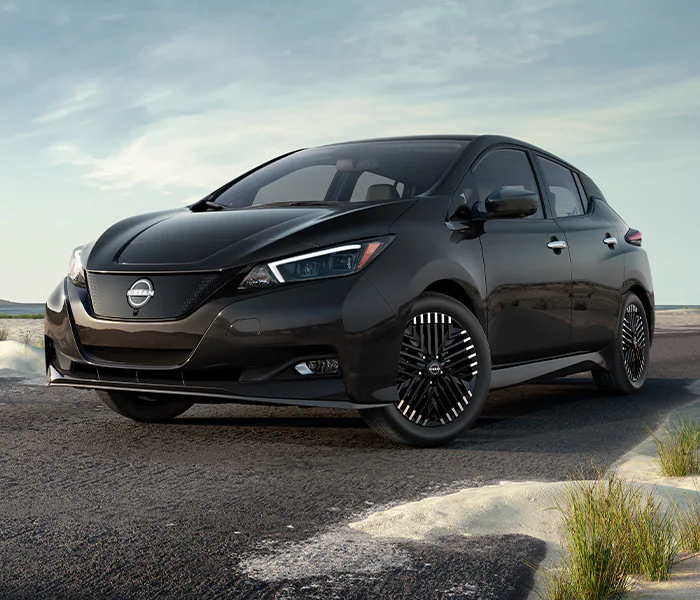Introduction: The Electric Legacy of the Nissan Leaf
Since its groundbreaking debut in 2010, the Nissan Leaf has held its place as one of the most influential electric vehicles (EVs) in automotive history. As one of the world’s first mass-market EVs, it helped establish public trust in electric mobility and set the stage for future competitors. Now, in 2025, the Leaf enters the market mostly unchanged from its 2024 predecessor. However, with a significant generational shift on the horizon, the current Leaf offers a final look at a model that’s preparing for transformation.
The 2025 Model: Evolution Paused, Revolution Coming
For 2025, the Nissan Leaf remains largely identical to the 2024 model. With no major design or mechanical updates, the car serves as a reliable option for those seeking an affordable and proven electric vehicle. Nissan has focused its attention on preparing for the next-generation Leaf, expected to launch in 2026 as a crossover EV built on the advanced CMF-EV (AmpR Medium) platform. While some consumers may be waiting for this evolution, the 2025 model still offers commendable features, especially for first-time EV buyers.
Exterior Design: Functional Aesthetics
The 2025 Nissan Leaf maintains the modern hatchback look introduced in the 2018 redesign. A sleek V-Motion grille, LED headlights, flush door handles, and floating roof design give it a contemporary yet practical appearance. Aerodynamic enhancements keep the drag coefficient low at around 0.26, improving overall efficiency. It comes equipped with 16- or 17-inch alloy wheels, depending on the trim, and retains a compact footprint ideal for urban environments.
Performance and Powertrain Options
Buyers can choose between two configurations:
- Leaf S—Features a 40 kWh battery pack, delivering 147 horsepower and 236 lb-ft of torque. The estimated range is around 149 miles. This variant is ideal for city commuters.
- Leaf SV Plus—Comes with a 60 kWh battery, 214 horsepower, and 250 lb-ft of torque. It offers a range of approximately 212 miles and is better suited for drivers with longer daily routes.
While the Leaf’s acceleration is modest compared to high-performance EVs, the instant torque provides a responsive driving experience. The S model achieves 0–60 mph in about 7.5 seconds, while the SV Plus shaves that to approximately 6.5 seconds.
Charging and Efficiency
The Leaf continues to utilize the CHAdeMO DC fast-charging standard. This is becoming outdated in favor of CCS and Tesla’s NACS, but CHAdeMO remains functional for current charging infrastructures. Charging times vary.
- Level 3 DC Fast Charging: 40–60 minutes (up to 80%)
- Level 2 Home Charging: 8–11 hours (full charge)
- Level 1 Charging: Up to 35 hours (not recommended for daily use)
Efficiency ratings for the 2025 Leaf are strong:
- City: Up to 121 MPGe
- Highway: Around 99 MPGe
Interior and Comfort

Inside, the Leaf is comfortable and straightforward. The cabin accommodates five passengers with supportive seats and ample headroom. Fold-down rear seats increase cargo capacity from 23.6 to nearly 30 cubic feet. The SV Plus trim offers upgraded upholstery, heated front seats, and a leather-wrapped steering wheel.
An 8-inch touchscreen infotainment system is standard across all trims and includes Apple CarPlay, Android Auto, Bluetooth, and four USB ports. Higher trims may include a premium Bose sound system and navigation features via NissanConnect.
Safety and Driver Assistance Features

The 2025 Leaf continues to offer an impressive suite of standard safety technologies under Nissan Safety Shield 360:
- Automatic Emergency Braking with Pedestrian Detection
- Blind Spot Warning
- Lane Departure Warning
- Rear Cross Traffic Alert
- Rear Automatic Braking
- High Beam Assist
The SV Plus trim includes additional features such as a 360-degree camera system, adaptive cruise control, and ProPILOT Assist—a semi-autonomous driving system that combines lane-centering with adaptive cruise functionality.
Pricing and Value
The 2025 Leaf remains one of the most affordable electric cars available.
- Leaf S: Starting at $28,140
- Leaf SV Plus: Around $36,190
Depending on location, federal tax incentives of up to $3,750 may apply, especially for models built in Tennessee. This pricing, combined with low running costs, makes the Leaf an appealing entry point into EV ownership.
Pros and Cons
Pros:
- Competitive pricing
- Proven reliability
- Comprehensive safety features
- Comfortable ride and practical cargo space
Cons:
- Outdated CHAdeMO charging port
- Limited range compared to newer EVs
- Not all-wheel drive
- Interior design feels dated
The Competitive Landscape
The Leaf faces stiff competition in the affordable EV market. Alternatives such as the Hyundai Kona Electric, Chevrolet Bolt EUV, Kia Niro EV, and even Tesla Model 3 (used) offer better range and more up-to-date technology. However, the Leaf holds its own with dependability, cost-effectiveness, and a well-balanced feature set.
The Future: Next-Gen Leaf and Nissan’s EV Strategy

Nissan’s next-generation Leaf, scheduled for a 2026 release, represents a major leap forward. It will adopt a crossover body style and be built on the new CMF-EV platform, shared with Renault and Mitsubishi. Key upgrades will likely include
- Up to 303 miles of range (75 kWh battery)
- Support for NACS (Tesla’s fast-charging standard)
- All-new digital cockpit
This move aligns with Nissan’s broader EV36Zero plan—a global electrification strategy combining manufacturing, battery development, and renewable energy sourcing.
Nissan Leaf in Pakistan
The Leaf is gaining attention in markets like Pakistan, where rising fuel costs and increasing interest in sustainable transport are creating a demand for affordable EVs. The Leaf is priced between PKR 6.8 and 6.9 million and offers a practical solution for city dwellers. Its compact size, low maintenance, and smooth driving make it well-suited to local traffic conditions.
Consumer Feedback and Reputation
According to Kelley Blue Book, the 2025 Leaf scores a solid 4.1 out of 5 from owners. Users appreciate its low cost, easy maintenance, and comfortable ride. However, some criticism remains around its limited range and lack of modern charging capabilities. Overall, it maintains a strong reputation for dependability.
Conclusion: A Respected Veteran in Transition
The 2025 Nissan Leaf is a solid EV that has aged gracefully, though it’s nearing the end of its current lifecycle. For those seeking a no-nonsense, city-focused electric vehicle with a proven track record, the Leaf remains a strong contender. However, buyers looking for cutting-edge features or extended range may prefer to wait for the third-generation model launching in 2026.
In many ways, the 2025 Leaf is a bridge between the past and the future of electric mobility—one that continues to uphold Nissan’s pioneering legacy while preparing to usher in a bold new era of EV innovation.


